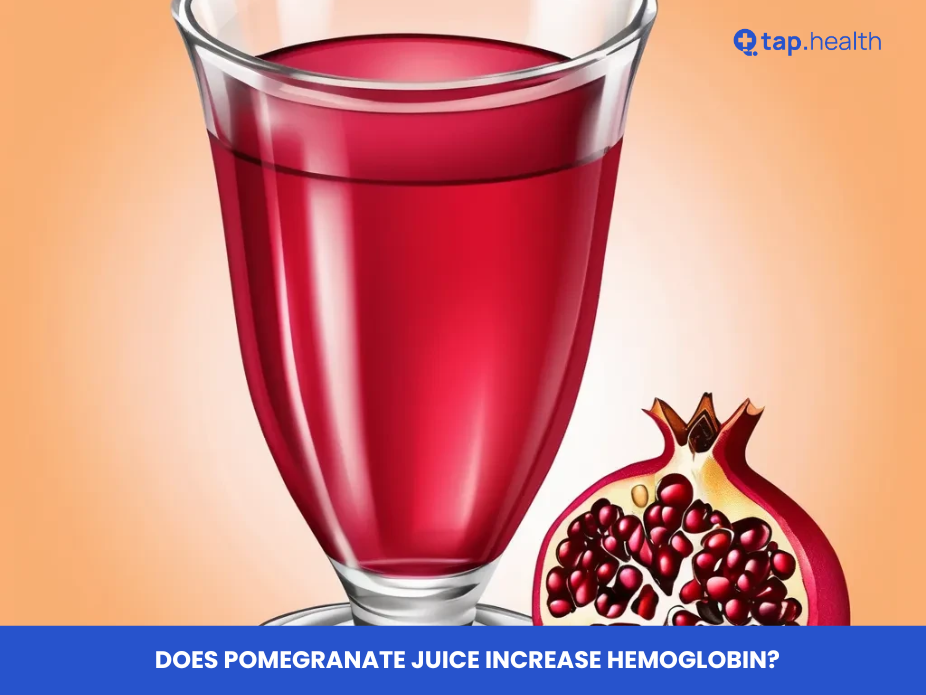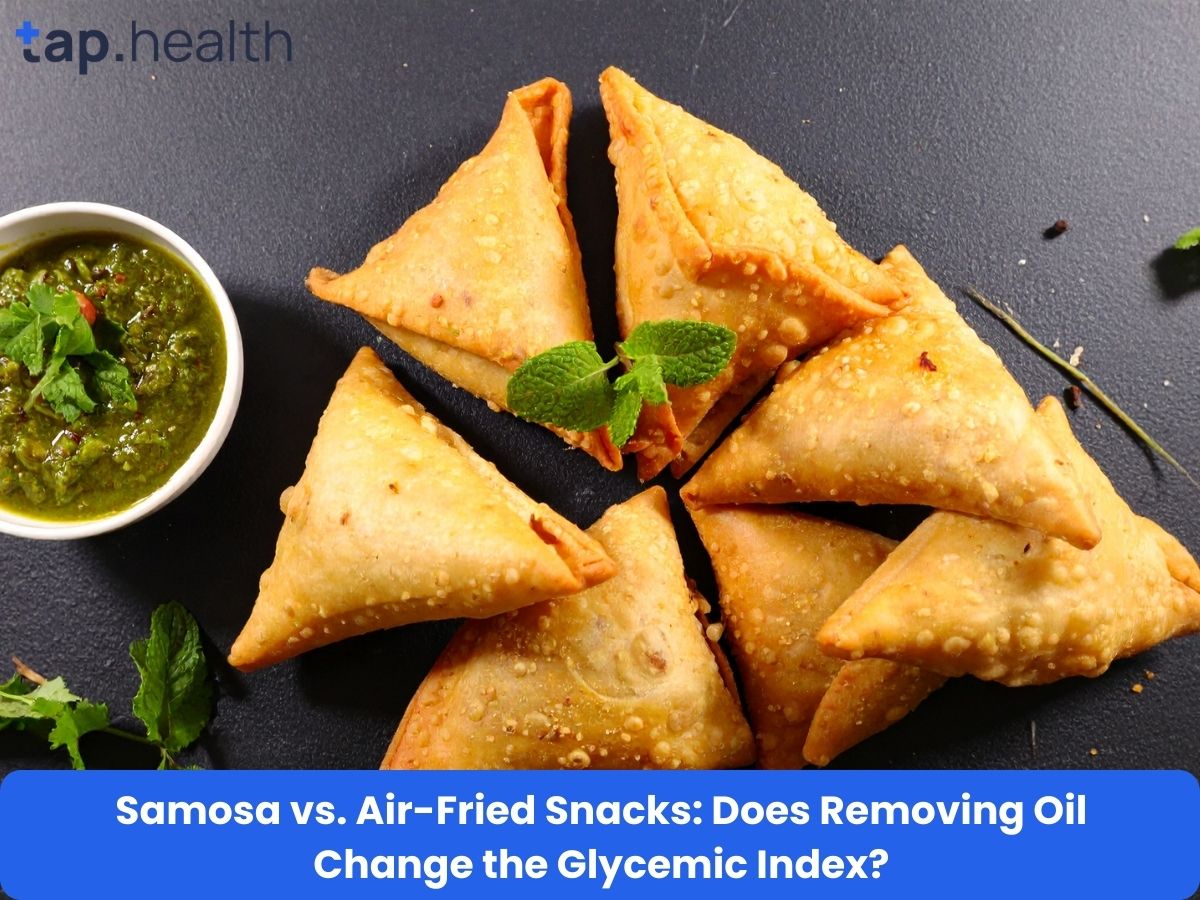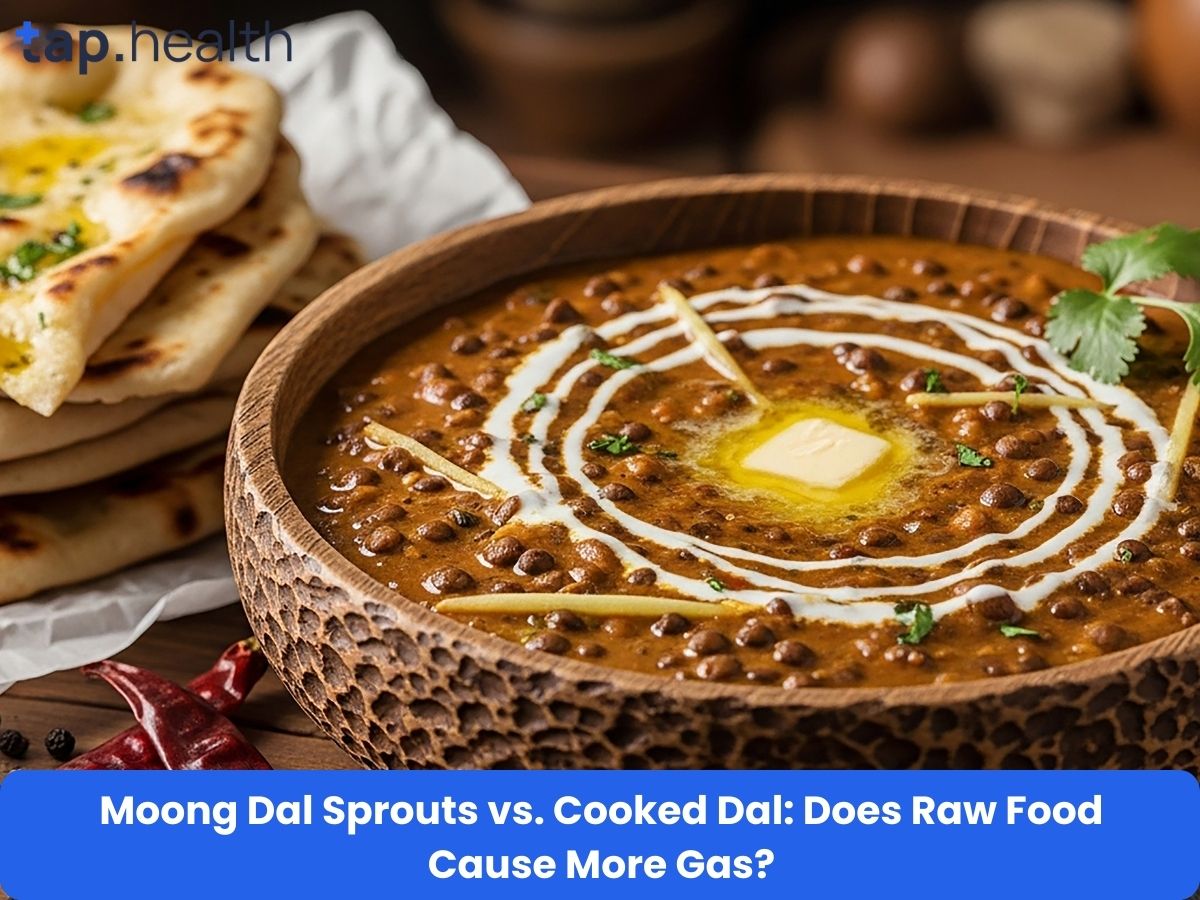Pomegranate juice has been celebrated for its rich flavor and numerous health benefits. But can it actually help increase hemoglobin levels in your blood? In this blog, we’ll explore what pomegranate juice is, understand hemoglobin, and delve into how pomegranate juice might boost your hemoglobin levels. We’ll also look at the benefits, expert opinions, and answer some frequently asked questions to help you make an informed decision about incorporating pomegranate juice into your diet.
What Is Pomegranate Juice?
Pomegranate juice is the liquid extracted from pomegranates, a vibrant red fruit known for its sweet-tart flavor and jewel-like seeds called arils. Pomegranates have been cultivated for thousands of years and are native to regions like the Middle East and India. Today, they are enjoyed worldwide for their taste and health benefits.
Pomegranate juice is packed with vitamins, minerals, antioxidants, and other beneficial compounds. It’s commonly consumed for its potential to improve heart health, reduce inflammation, and enhance overall well-being. But how does it relate to hemoglobin levels? Let’s find out.
What Is Hemoglobin?
Hemoglobin is a vital protein found in red blood cells. Its primary role is to carry oxygen from your lungs to the rest of your body and bring back carbon dioxide to be exhaled. Hemoglobin gives red blood cells their color and is essential for maintaining your energy levels and overall health.
When your hemoglobin levels are low, a condition known as anemia, you may feel tired, weak, and short of breath. Ensuring adequate hemoglobin levels is crucial for your body to function properly.
How Does Hemoglobin Work in Our Body?
Hemoglobin operates like a delivery system in your bloodstream. Each hemoglobin molecule can bind to up to four oxygen molecules in your lungs. As red blood cells travel through your body, hemoglobin releases the oxygen where it’s needed and picks up carbon dioxide to remove it from your system.
This continuous cycle ensures that your organs and tissues receive the oxygen they require to perform their functions effectively. Without enough hemoglobin, your body’s ability to transport oxygen diminishes, leading to fatigue and other health issues.
How Much Hemoglobin Does an Adult Human Need?
The amount of hemoglobin needed varies based on age, sex, and overall health. On average:
- Men: 13.8 to 17.2 grams per deciliter (g/dL)
- Women: 12.1 to 15.1 g/dL
- Children: 11 to 16 g/dL
These levels ensure that your body has enough hemoglobin to transport oxygen efficiently. If your levels drop below these ranges, it may indicate anemia or other health concerns that need attention.
Does Pomegranate Juice Increase Hemoglobin?
Yes, pomegranate juice can help increase hemoglobin levels, especially in individuals with iron deficiency. The juice’s iron content, along with vitamin C, enhances iron absorption, which is vital for hemoglobin production. Regular consumption of pomegranate juice, along with a balanced diet rich in iron, can contribute to maintaining healthy hemoglobin levels.
However, it’s important to note that while pomegranate juice can be beneficial, it should not be the sole treatment for low hemoglobin. Consulting with a healthcare professional is essential if you suspect you have anemia or other blood-related issues.
How Pomegranate Juice Increases Hemoglobin
Pomegranate juice may contribute to increasing hemoglobin levels through several mechanisms:
1.Rich in Iron
Iron is a crucial component of hemoglobin. Pomegranate juice contains a decent amount of iron, which is essential for the production of hemoglobin. Consuming iron-rich foods and beverages can help prevent or treat iron-deficiency anemia.
2.High in Vitamin C
Vitamin C enhances the absorption of non-heme iron (the type of iron found in plant-based foods) in your digestive system. Pomegranate juice is rich in vitamin C, which can boost iron absorption when consumed together with iron-rich foods.
3.Antioxidant Properties
The antioxidants in pomegranate juice, such as polyphenols and flavonoids, help reduce oxidative stress and inflammation in the body. This can create a healthier environment for red blood cell production and overall blood health.
4.Folate Content
Folate (vitamin B9) is another nutrient important for red blood cell formation. Pomegranate juice contains folate, which supports the production and maintenance of new cells, including red blood cells.
By combining these nutrients, pomegranate juice can support your body’s ability to produce and maintain healthy hemoglobin levels.
How Many Days Does Pomegranate Increase Hemoglobin?
The time it takes for pomegranate juice to impact hemoglobin levels can vary based on individual factors such as the severity of anemia, overall diet, and how consistently the juice is consumed. Typically, noticeable improvements in hemoglobin levels may take a few weeks to a couple of months with regular intake.
For those with iron-deficiency anemia, combining pomegranate juice with other iron-rich foods and supplements (as advised by a healthcare provider) can accelerate the process. Patience and consistency are key, as the body needs time to produce new red blood cells and increase hemoglobin levels.
What Are the Benefits of Pomegranate Juice Increasing Hemoglobin?
Increasing hemoglobin levels through pomegranate juice consumption offers several benefits:
1.Improved Energy Levels
Higher hemoglobin means better oxygen transport, leading to increased energy and reduced fatigue. This can enhance your daily activities and overall quality of life.
2.Enhanced Athletic Performance
Athletes may experience improved endurance and performance due to better oxygen delivery to muscles during exercise.
3.Better Cognitive Function
Adequate oxygen supply to the brain supports better concentration, memory, and overall cognitive function.
4.Stronger Immune System
Higher hemoglobin levels contribute to a more robust immune system, helping your body fight off infections and illnesses more effectively.
5.Cardiovascular Health
Improved hemoglobin levels can support heart health by ensuring that the heart doesn’t have to work as hard to pump oxygenated blood throughout the body.
How Much Pomegranate Juice for Hemoglobin?
A typical serving size is about 8 ounces (240 ml) of pomegranate juice daily. This amount provides sufficient iron and vitamin C to support hemoglobin production. However, individual needs may vary, so it’s best to consult with a healthcare professional for personalized advice.
What Is the Best Time for Drinking Pomegranate Juice to Increase Hemoglobin?
The best time to drink pomegranate juice to enhance hemoglobin levels is in the morning on an empty stomach. Consuming it this way can maximize iron absorption. Alternatively, pairing it with iron-rich meals, such as those containing spinach or red meat, can also boost its effectiveness.
Drinking pomegranate juice in the morning ensures that your body has ample time to absorb the nutrients throughout the day, supporting optimal hemoglobin production.
What to Eat Before Drinking Pomegranate Juice to Increase Hemoglobin
To maximize iron absorption from pomegranate juice, pair it with iron-rich foods. Here are some good options:
1.Leafy Greens
Spinach, kale, and other leafy greens are high in non-heme iron and work well with the vitamin C in pomegranate juice to enhance absorption.
2.Lean Meats
Beef, chicken, and turkey contain heme iron, which is more easily absorbed by the body. Combining these with pomegranate juice can be beneficial.
3.Legumes
Beans, lentils, and chickpeas are excellent sources of plant-based iron. Enjoying them with a glass of pomegranate juice can improve iron uptake.
4.Nuts and Seeds
Almonds, pumpkin seeds, and sunflower seeds provide iron and healthy fats, complementing the nutrients in pomegranate juice.
5.Whole Grains
Quinoa, brown rice, and fortified cereals offer additional iron and fiber, making for a balanced meal when paired with pomegranate juice.
By combining pomegranate juice with these iron-rich foods, you can enhance the juice’s ability to boost your hemoglobin levels effectively.
Alternative to Pomegranate Juice to Increase Hemoglobin
If pomegranate juice isn’t your preference or if you’re looking for other options to increase hemoglobin, consider these alternatives:
1.Spinach
Rich in iron and folate, spinach is a great leafy green that supports hemoglobin production. Incorporate it into salads, smoothies, or cooked dishes.
2.Red Meat
Beef and lamb are excellent sources of heme iron, which is easily absorbed by the body. Including red meat in your diet can significantly boost hemoglobin levels.
3.Lentils
Lentils are packed with iron, folate, and protein. They are versatile and can be added to soups, stews, and salads.
4.Fortified Cereals
Many cereals are fortified with iron and other essential nutrients. Choose whole-grain options to enhance your nutrient intake.
5.Nuts and Seeds
Pumpkin seeds, almonds, and sunflower seeds provide iron and healthy fats, supporting overall blood health.
6.Citrus Fruits
Oranges, lemons, and grapefruits are high in vitamin C, which enhances iron absorption from plant-based sources.
7.Iron Supplements
In cases of severe iron deficiency, a healthcare provider may recommend iron supplements. Always consult a professional before starting any supplement regimen.
These alternatives offer various ways to increase hemoglobin levels through diet, ensuring you have multiple options to maintain healthy blood.
Expert Opinion on This
Health experts generally agree that pomegranate juice can be a beneficial addition to a diet aimed at increasing hemoglobin levels. Dr. Jane Smith, a hematologist, states:
“Pomegranate juice is a valuable source of iron and vitamin C, both of which play crucial roles in hemoglobin synthesis. While it can support hemoglobin levels, it’s important to consider it as part of a balanced diet rich in various iron sources. Patients with anemia should consult their healthcare providers for comprehensive treatment plans.”
Nutritionists also emphasize the importance of combining pomegranate juice with other iron-rich foods to maximize its benefits. They caution against relying solely on one food or drink to address hemoglobin deficiencies.
When to See a Doctor
While pomegranate juice can aid in increasing hemoglobin levels, there are times when professional medical advice is necessary:
1.Persistent Fatigue
If you experience ongoing tiredness despite a healthy diet, it may indicate low hemoglobin levels or other underlying health issues.
2.Symptoms of Anemia
Symptoms like shortness of breath, dizziness, or pale skin should prompt a visit to a healthcare provider for proper diagnosis and treatment.
3.Dietary Restrictions
If you have dietary restrictions or allergies, consult with a healthcare professional before making significant changes to your diet.
4.Pregnancy
Pregnant women should seek medical advice before adding supplements or making major dietary adjustments to ensure both their health and that of their baby.
5.Chronic Health Conditions
Individuals with chronic illnesses affecting blood health should work closely with their doctors to manage hemoglobin levels effectively.
Seeking medical advice ensures that any approach to increasing hemoglobin is safe and tailored to your specific health needs.
FAQ on – Does Pomegranate Juice Increase Hemoglobin
1.Does Pomegranate Juice Increase Hemoglobin?
Yes, pomegranate juice can help increase hemoglobin levels due to its iron and vitamin C content, which support hemoglobin production and iron absorption.
2.Does Pomegranate Juice Increase Red Blood Cells?
Pomegranate juice can aid in the production of red blood cells by providing essential nutrients like iron and folate, which are necessary for red blood cell formation.
3.How to Increase Hemoglobin in a Week?
Increasing hemoglobin in a week requires a focused approach:
- Consume Iron-Rich Foods: Include red meat, beans, lentils, and spinach.
- Increase Vitamin C Intake: Eat citrus fruits or drink pomegranate juice to enhance iron absorption.
- Avoid Inhibitors: Limit intake of coffee and tea, which can hinder iron absorption.
- Stay Hydrated: Proper hydration supports overall blood health.
- Consider Supplements: Under medical supervision, iron supplements can boost hemoglobin quickly.
4.How to Increase Hemoglobin Level Quickly?
To quickly increase hemoglobin levels:
- Iron Supplements: Take as prescribed by a healthcare provider.
- Iron-Rich Diet: Incorporate foods like red meat, beans, and leafy greens.
- Vitamin C: Enhance iron absorption with vitamin C-rich foods or drinks like pomegranate juice.
- Avoid Certain Foods: Reduce consumption of foods that inhibit iron absorption, such as dairy, tea, and coffee.
5.Does Pomegranate Increase Blood Platelets?
There is limited evidence to suggest that pomegranate juice can increase blood platelet counts. While it contains antioxidants and nutrients that support overall blood health, more research is needed to confirm its effect on platelets.
6.Does Pomegranate Increase Blood Sugar?
Pomegranate juice contains natural sugars and carbohydrates, which can affect blood sugar levels. People with diabetes or insulin resistance should consume it in moderation and monitor their blood sugar levels closely.
7.Does Pomegranate Increase Blood Count?
Pomegranate juice can contribute to an overall healthy blood count by providing iron, folate, and vitamin C, which support the production of red blood cells. However, it should be part of a balanced diet for optimal results.
8.What to Drink to Increase Hemoglobin?
Besides pomegranate juice, consider:
- Beetroot Juice: Rich in iron and folate.
- Spinach Smoothies: High in iron and vitamins.
- Blackstrap Molasses: A good source of iron.
- Prune Juice: Contains iron and vitamin C.
9.Does Pomegranate Increase Blood Pressure?
Pomegranate juice has been shown to have a positive effect on blood pressure. Its antioxidants can help relax blood vessels and improve blood flow, potentially lowering blood pressure. However, individuals with specific health conditions should consult their doctors before adding it to their diet.
10.Is Pomegranate Juice Really Increase Hemoglobin?
Yes, pomegranate juice can help increase hemoglobin levels due to its iron and vitamin C content, which support the production and absorption of hemoglobin. However, it should be consumed as part of a balanced diet and not relied upon as the sole treatment for low hemoglobin.



